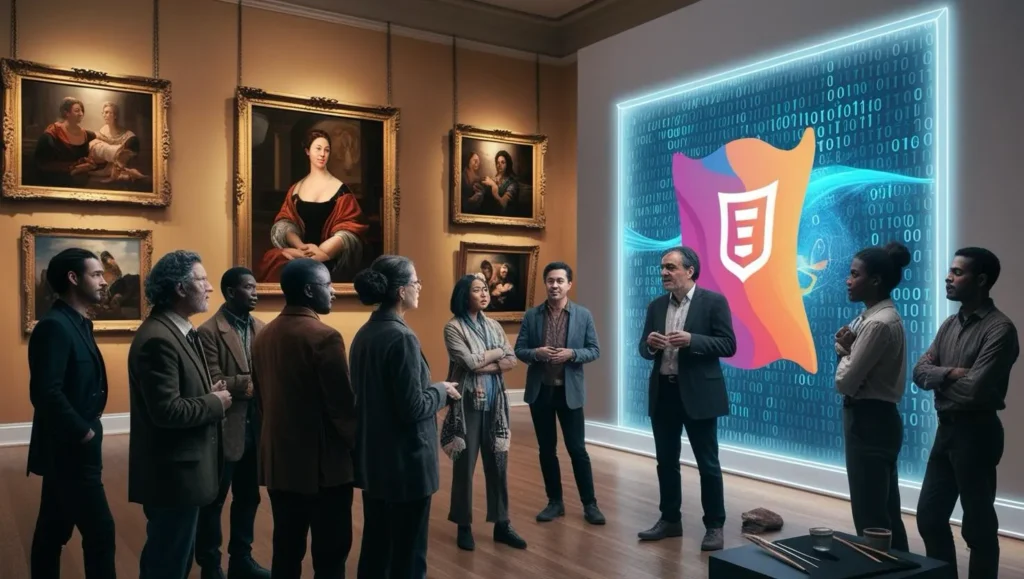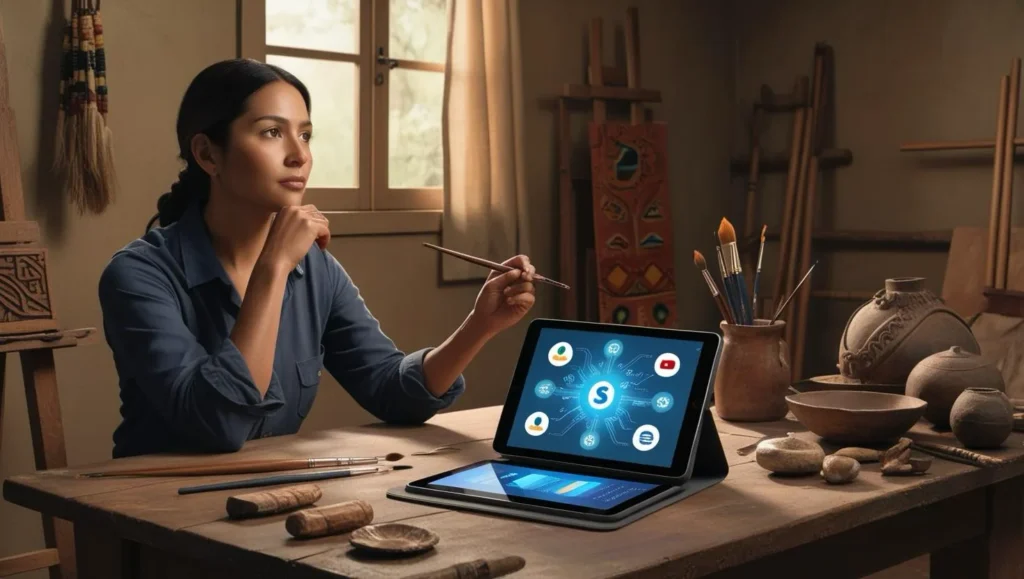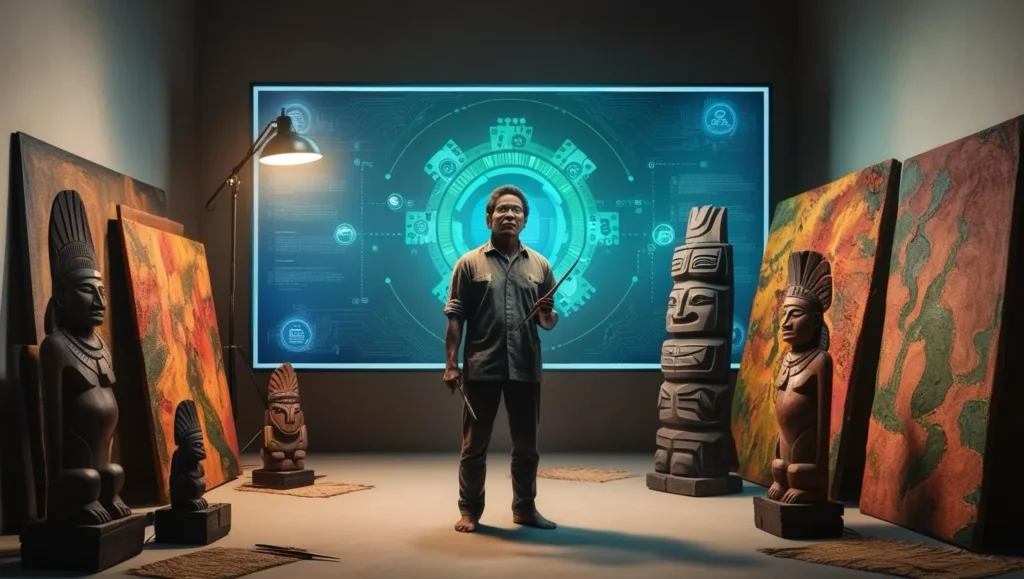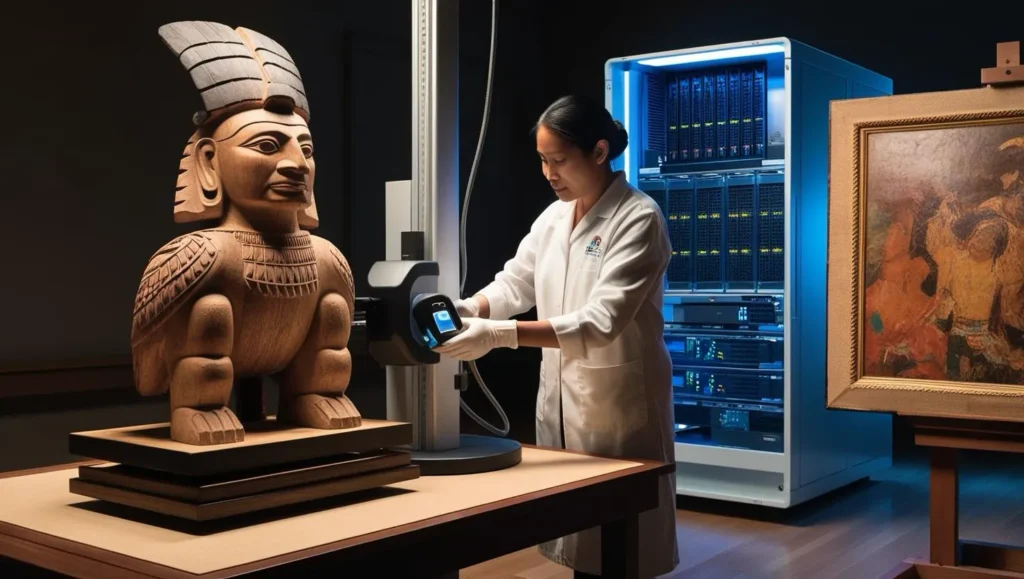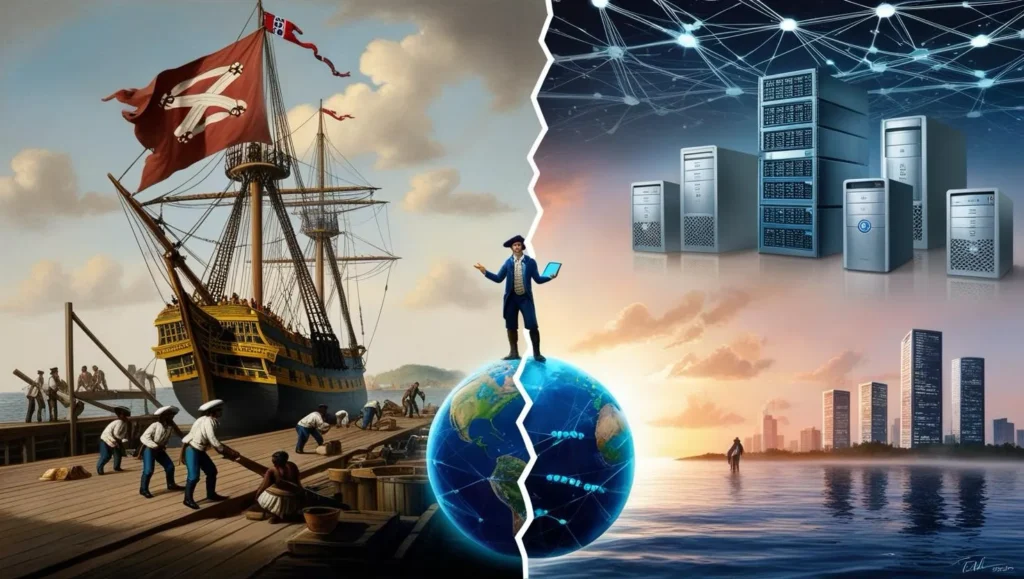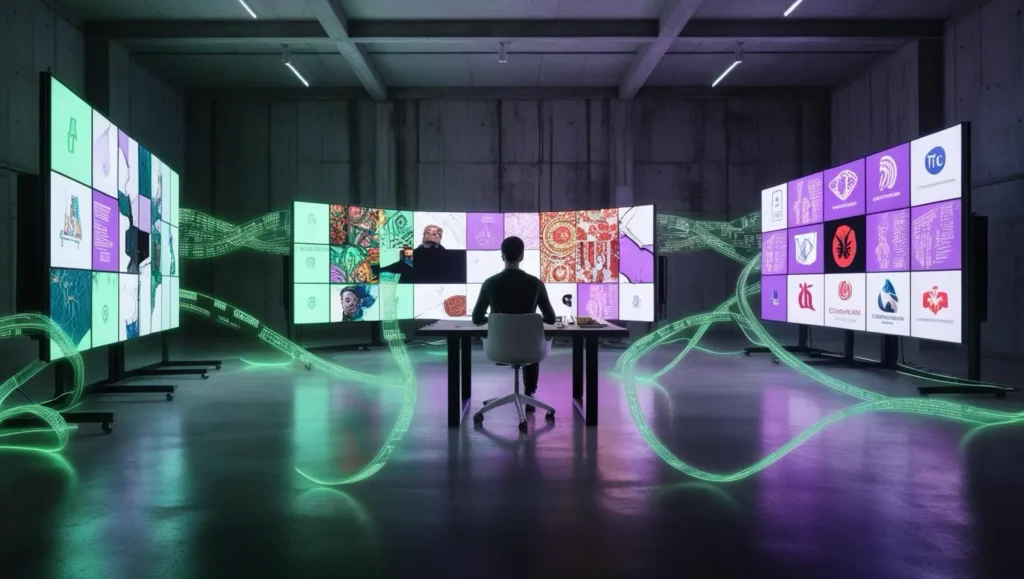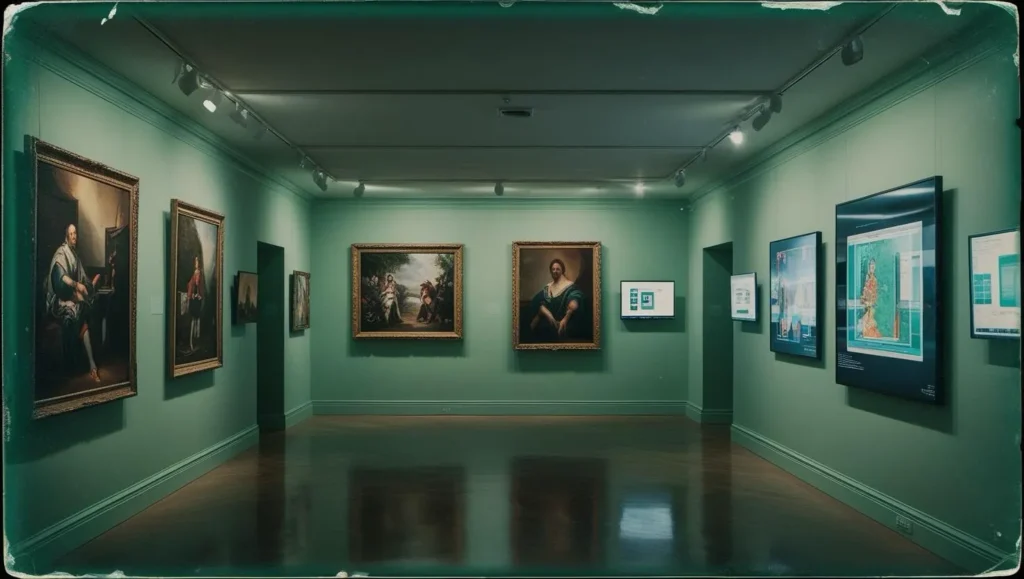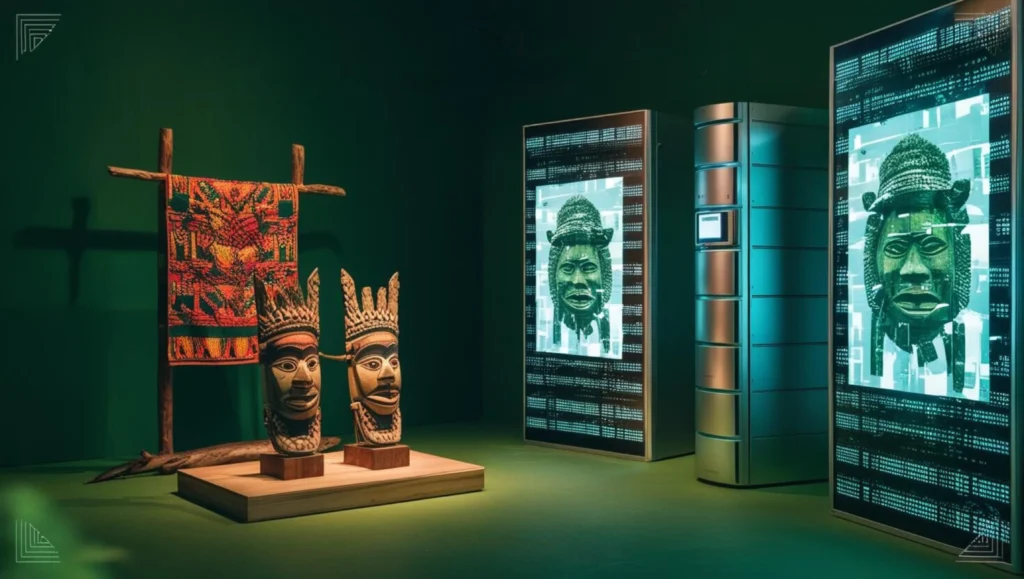How Is the Monetization of Digital Art Connected to Digital Colonialism?
The monetization of digital art is deeply linked to digital colonialism, reflecting the dynamics of data exploitation, the imposition of Western cultural values, and technological hegemony. While technology promises democratization and creative opportunities, it often reinforces historical inequalities, transforming the digital space into an extension of colonial and capitalist practices. Data Exploitation and Surveillance CapitalismData […]
How Is the Monetization of Digital Art Connected to Digital Colonialism? Read More »

